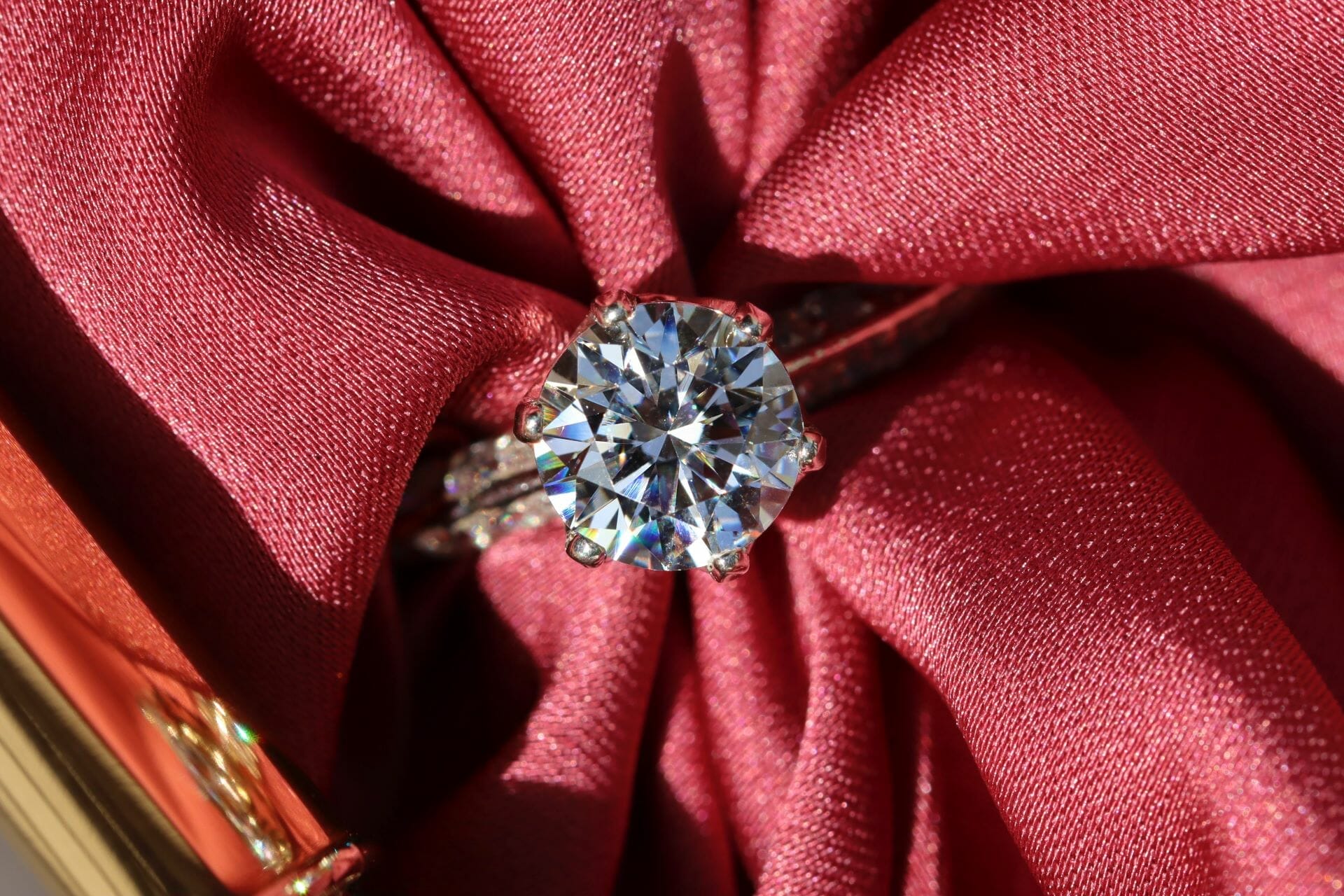What Are Conflict-Free Diamonds?
Conflict-free diamonds, also known as konfliktfreie diamanten, are pearls that have been sourced without financing armed conflict or human privileges abuses. Historically, a few diamonds, alluded to as “blood diamonds” or “conflict diamonds,” were mined in war zones and offered to finance uprisings, warlords, and dissident gatherings. Conflict-free diamonds are affirmed to be free from such associations, ensuring that their purchase doesn’t contribute to savagery or exploitation. While buying conflict-free diamonds, consumers can feel confident that they are making a responsible decision.
The Kimberley Process and Its Job in Conflict-Free Diamonds
The Kimberley Process Certification Plan (KPCS) is an international initiative established in 2003 to forestall the trade of conflict diamonds. This process expects that diamonds be accompanied by a certificate demonstrating they are conflict-free. While the Kimberley Process has significantly diminished the progression of conflict diamonds, it is not without criticism. Some argue that it doesn’t completely address human freedoms abuses or environmental concerns associated with diamond mining. However, it remains a crucial stage in ensuring that diamonds are conflict-free. Understanding the Kimberley Process is vital to perceiving the importance of conflict-free diamonds.
Why Conflict-Free Diamonds Matter
Picking conflict-free diamonds is essential for several reasons. To start with, it forestalls the financing of wars and conflicts in diamond-rich regions. Second, it supports ethical mining practices that regard the freedoms and welfare of workers. Finally, picking conflict-free diamonds aligns with broader environmental and social responsibility goals. By picking conflict-free diamonds, consumers can partake in their gems realizing it has not caused harm to other people or the planet. The developing demand for conflict-free diamonds mirrors a shift towards more ethical and sustainable consumer practices.
How to Guarantee You Are Buying Conflict-Free Diamonds
To guarantee that you are purchasing conflict-free diamonds, important to buy from reputable gem dealers can give certification. Search for diamonds that accompany a Kimberley Process certificate, which indicates that the diamond is conflict-free. Additionally, consider diamond setters who go beyond the Kimberley Process by adhering to more stringent ethical standards. These incorporate companies that source diamonds from Canada, Botswana, or different regions known for their commitment to ethical mining. While choosing conflict-free diamonds, always ask for documentation and be wary of vague claims or uncertified stones.
Lab-Grown Diamonds: A Conflict-Free Alternative
For the individuals who want to avoid any potential ethical concerns associated with natural diamonds, lab-grown diamonds are a magnificent conflict-free alternative. These diamonds are created in a controlled environment utilizing advanced innovation, making them physically, chemically, and optically identical to mined diamonds. Since they are not extracted from the earth, lab-grown diamonds are intrinsically conflict-free. They also will generally be more environmentally well disposed, as they require less natural resources. While considering conflict-free diamonds, lab-grown options offer peace of brain and frequently come at a lower cost.
Certifications and Ethical Standards for Conflict-Free Diamonds
Beyond the Kimberley Process, different certifications and standards assist with ensuring that diamonds are conflict-free. The Responsible Adornments Board (RJC) and Fairtrade Gold are examples of organizations that advance ethical mining and sourcing practices. These certifications go farther than simply confirming that diamonds are conflict-free; they also guarantee that mining practices are environmentally sustainable and that workers are treated fairly. While searching for conflict-free diamonds, searching for these additional certifications can give extra assurance that your purchase is ethically strong.
The Impact of Conflict-Free Diamonds on the Business
The demand for konfliktfreie diamanten has had a significant impact on the diamond business. As consumers become more aware of the issues encompassing diamond mining, they are increasingly prioritizing conflict-free diamonds. This shift has encouraged more goldsmiths to offer confirmed conflict-free diamonds and has led to greater transparency in the production network. The rise of conflict-free diamonds has also prodded innovation in the lab-grown diamond sector, furnishing consumers with more ethical decisions. The developing emphasis on conflict-free diamonds is assisting with reshaping the business for the better.
Challenges in Guaranteeing Conflict-Free Diamonds
While the Kimberley Process and different certifications have made it easier to identify conflict-free diamonds, challenges remain. Some conflict diamonds actually escape everyone’s notice because of weak enforcement or fraudulent certificates. Additionally, the Kimberley Process doesn’t address all ethical concerns, for example, poor labor conditions or environmental degradation. To guarantee you are really buying conflict-free diamonds, it’s essential to do all necessary investigation, buy from confided in sources, and consider the broader ethical context of your purchase. Understanding these challenges is crucial to supporting the continued development of conflict-free diamonds.
Conclusion: The Eventual fate of Conflict-Free Diamonds
As consumer awareness and demand for ethical items develop, conflict-free diamonds are turning into the standard rather than the exception. By picking conflict-free diamonds, you contribute to a more ethical and sustainable diamond industry. Whether you select natural diamonds with confirmed origins or lab-grown alternatives, the decision to purchase conflict-free diamonds mirrors a commitment to responsible consumption. As the market continues to develop, what’s in store looks splendid for conflict-free diamonds, promising a gems industry that values both beauty and morals.

